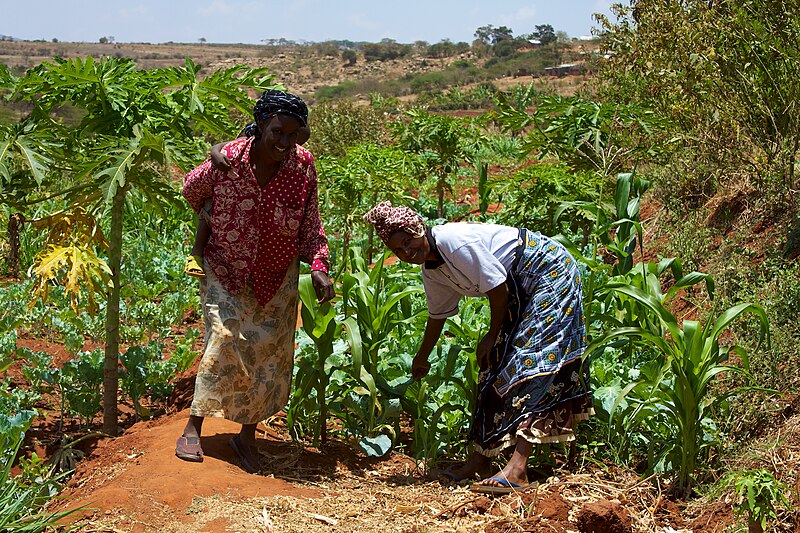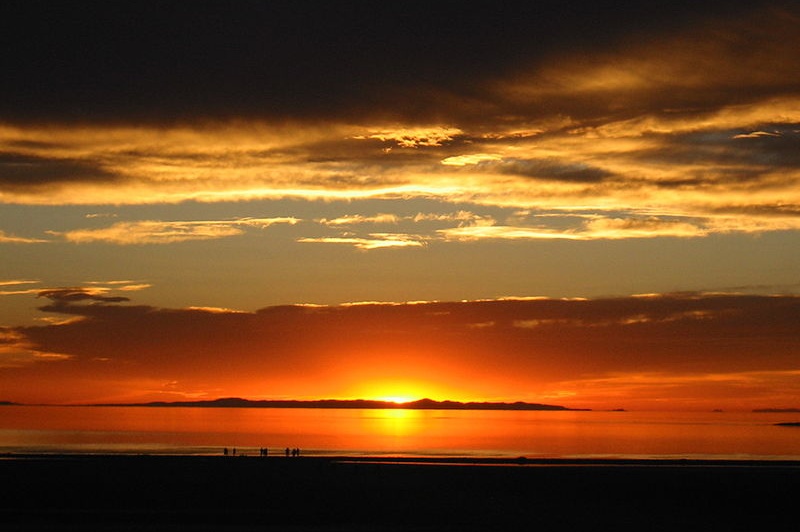January 26 NEC Energy News
¶ “Act Urgently On Food Security, Climate Change” • With each passing year, farmers find it more difficult to predict growing seasons, with unpredictable rainfall threatening both crops and livestock. The effects of climate change further extend to the oceans, where even fishermen say they find fewer fish. We must urgently find solutions. [The Standard]

¶ “Nuclear Stocks Soar On Stargate AI Announcement” • Nuclear stocks are rising after President Donald Trump announced a $500 billion joint venture with Oracle Corp, OpenAI, and SoftBank to build AI infrastructure in the US. The companies pledged to commit $100 billion to start, and as much as $500 billion over the next four years. [OilPrice.com]
¶ “Ordinary Driving Adds Life To EV Batteries (It’s Official!)” • Estimating the lifespan of EV batteries is a tricky but essential task to make the sustainability case for EVs. Recent studies reveal that batteries last longer than expected when real-world driving conditions are applied, along with some recent improvements in battery technology. [CleanTechnica]
¶ “Reviving Lakebeds Show The Value of Water Conservation” • Clean technology isn’t just about technologies like solar panels and batteries. Sometimes, reducing our negative impacts on the landscape is as simple as doing less of something or growing crops differently. When we take too much water from the earth, the impacts can be devastating. [CleanTechnica]

¶ “Climate Barometer: How Renewable Energy Is Saving Irish Consumers Billions” • A study entitled “Good for your Pocket: How renewable energy helps Irish electricity consumers,” was published by Baringa Management Consulting. It found that scaling up renewable energy sources since 2000 has cut Irish spending on fossil fuels by €7.4 billion. [The Times]
¶ “Southern California Is About To Get Soaked – The Good And The Potentially Bad” • The Los Angeles area is preparing for its first rain since wildfires first broke out weeks ago. That’s good news to help dampen the still-active fires and soils, but if it’s too much rain at once, it could bring its own set of significant issues, including a risk of debris flows. [ABC News]
For more news, please visit geoharvey – Daily News about Energy and Climate Change.
